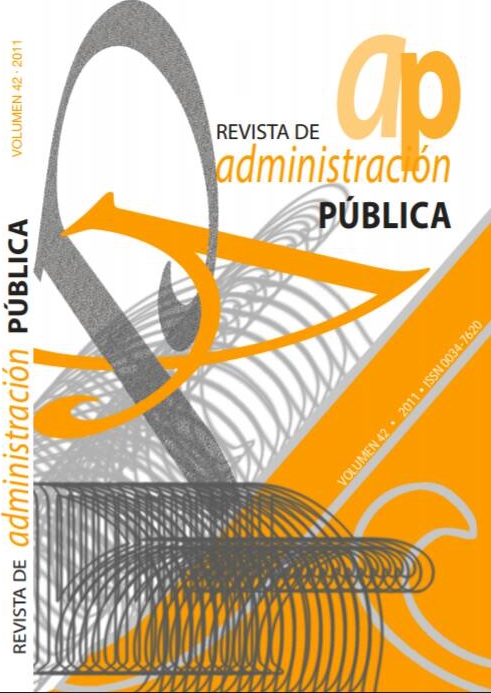Abstract
In the present article the author suggests important content and methodological changes in Political Science, Public Administration, Government and Public Affairs and Public Policy academic programs and curricula in order to obtain more in-depth and authentic learning of important values related to Constitutional government in secular democratic states based on the separation between Church and the State. The essay is based on theoretical notions about Constitutional systems and secular states and a distinction between public ethics and private ethics, on the one hand, and on empirical observations of violations and distortions of such principles in Puerto Rican society, on the other. From such examination, the article derives an important need to close the gap by means of a college education geared at granting greater priority to developing knowledge, systematic application and in-depth internalization by university students of key values of democratic constitutionalism. The argument is developed to suggest this as an important course of development in college courses and curricula in disciplines such as Political Science, Public Administration, Government and Public Affairs and Public Policy in Puerto Rico and other Latin American and Caribbean nations. [Keywords: public ethic, education, political science, government, public administration, public affairs, academic programs]. Resumen: En este artículo el autor sugiere cambios importantes de contenido y metodología en los enfoques curriculares de los programas académicos de Ciencia Política, Gobierno y Asuntos Públicos, Política Pública y Administración Pública con el objetivo de lograr un aprendizaje más auténtico y profundo de los valores propios de un estado de derecho democrático y laico, con separación entre la Iglesia y el Estado. El ensayo, de un lado, toma como base las nociones teóricas del Estado de derecho democrático y laico, y de la distinción entre ética pública y ética privada. Por otra parte, las observaciones empíricas de las violaciones y distorsiones de tales principios en la sociedad puertorriqueña. De ese examen se deriva la importante necesidad de cerrar brechas mediante una educación universitaria que atienda con mayor prioridad el conocimiento, la aplicación sistemática y la interiorización a profundidad de los valores del constitucionalismo democrático por los educandos. Se argumenta que esta es una línea de desarrollo importante en los cursos y los currículos universitarios sobre Ciencia Política, Administración Pública, Gobierno y Asuntos Públicos o Políticas Públicas, tanto en Puerto Rico como en otras naciones de América Latina y el Caribe. [Palabras clave: ética pública, educación, ciencia política, gobierno, administración pública, asuntos públicos, programas académicos].Copyright Notice:
Authors assign their intellectual property rights (copyright) to the Journal of Public Administration, once the article is accepted for publication. As a RAP policy, the author will not receive payment for published articles.
Once published, the author may have a digital version of the article for the exclusive use and publication of his/her personal page, making reference to the RAP. In case of wishing to publish in other media, the author must have the prior authorization of the RAP Editorial Board.
This authorization is granted so that the Journal of Public Administration may disseminate to the academic and scientific community, both locally and internationally, all works submitted and catalogued as publishable. By granting copyright to RAP, authors agree to the educational use policy set forth in Section 107, Title 17, of the U.S. Code.

